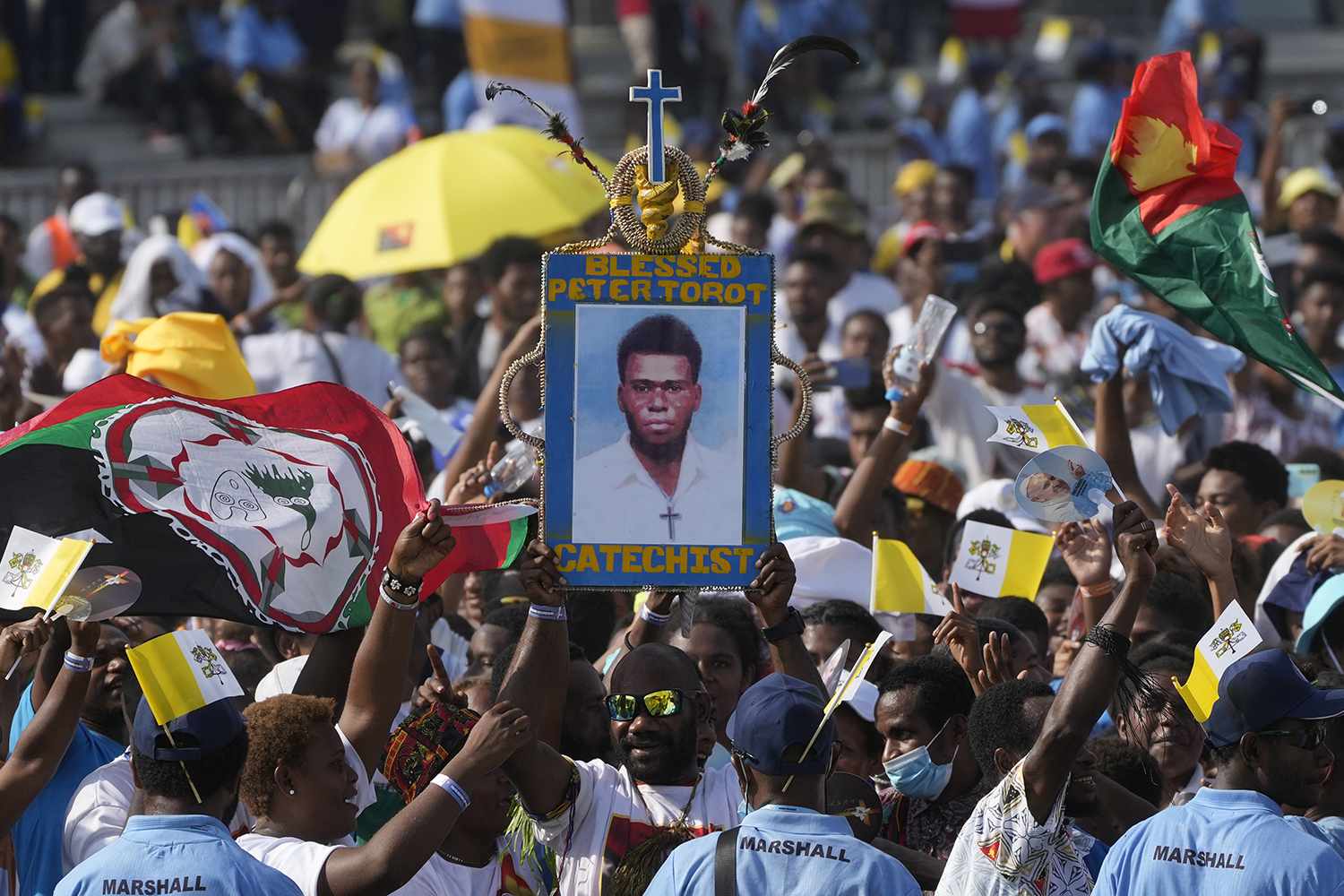O Clarim Research Bureau
The Philippines is the only country in the world, aside from the Vatican, where divorce remains illegal. This is due to the outsized influence of the Catholic Church in the country’s politics and society.
The Catholic Church has been a staunch opponent of legalizing divorce in the Philippines. Church leaders have argued that divorce goes against Catholic teachings on the sanctity of marriage. They have mobilized their large following of adherents to protest any attempts to pass divorce legislation.
In 2018, a bill to legalize divorce was introduced in the Philippines’ Congress. However, it faced fierce opposition from the Catholic Bishops’ Conference of the Philippines, which urged lawmakers to vote against it. The bill ultimately stalled and did not pass.
More recently, however, Rappler Philippines reports that: “As of May 23, 2024, the Philippine House of Representatives has approved a bill that legalizes divorce in a limited range of circumstances. This marks the second time such a measure has been approved in the lower chamber. The bill, known as House Bill No. 9349 or the Absolute Divorce Act, received 126 affirmative votes, while 109 lawmakers voted against it, and 20 abstained.” The report affirmed once again that “The Philippines remains the only country, along with the Vatican, where divorce does not legally exist. The bill’s fate now rests with the Senate, and proponents are optimistic about its consideration there after a change in leadership.”
Supporters of divorce legalization argue that it is necessary to provide an option for Filipinos trapped in abusive or dysfunctional marriages. Currently, the only way to dissolve a marriage in the Philippines is through the lengthy and costly process of annulment, which requires proving the marriage was invalid from the start.
The Catholic Church’s opposition to divorce has become a flashpoint in the ongoing debate over the separation of church and state in the Philippines.
In an interview with the Australian Broadcasting Corporation, Father Jerome Secilliano, executive secretary of the Catholic Bishops’ Conference of the Philippines-Permanent Committee on Public Affairs, said there is no need for divorce in the country. The priest explains: “You weaken the commitment to marriage, and of course you also just perpetuate the cycle of violence. You are not treating the person who is violent, you are just merely freeing the abused person from that violent situation. So that guy who may be abusive is not treated at all, he will be looking for another girl who is going to be his punching bag later on,” the priest said.
With the Church wielding significant political influence, the prospects for legalizing divorce in the predominantly Catholic country remain uncertain.


 Follow
Follow


